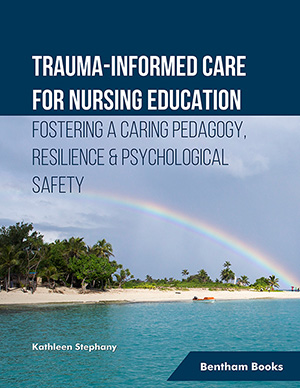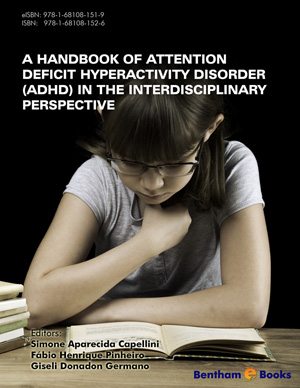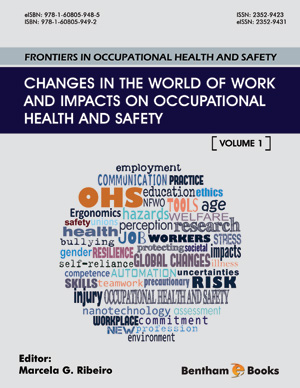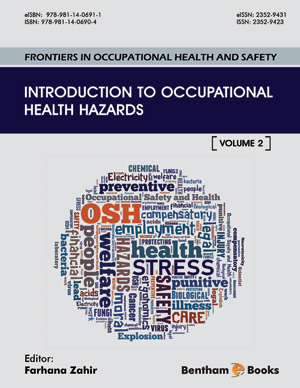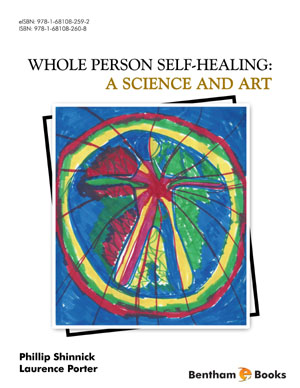Abstract
Students and practicing nurses are at risk of developing empathy-based
stress conditions related to caring for people who have been traumatized. Caring is a
known factor in all suggested interventions for empathy-based stress conditions.
Therefore, Chapter Five explores ways to mitigate the negative effects of secondary
traumatic stress and compassion fatigue through employing a caring pedagogy and
resilience. Caring pedagogy in nursing education is important because it incorporates
caring components into the delivery of the core curriculum, creates a community of
learning that prioritizes students, is inclusive, and engaging, and protects the emotional
integrity of student nurses. Noddings’ elements of moral education such as modeling,
dialogue, practice, and confirmation are identified as essential to a caring learning
environment. For example, student nurses can learn what it means to care by observing
the behavior of their instructor, by a dynamic exchange of ideas, by prioritizing caring,
and by encouraging the best in others. A learning environment that is caring must also
be based on civility and is the shared responsibility of both faculty and students. Selfcare is identified as a known strategy to reduce the emotional stress experienced by
nurses and student nurses. Watson’s Caritas processes are subsequently recommended
as the basis for self-care and consist of demonstrating sensitivity toward oneself and
everyone else, through spiritual practices that support loving, caring relationships.
Resilience consists of the ability to quickly return to normal functioning after
experiencing adversity. Resilience skills can be learned through the development of
protective factors and mechanisms and may prevent empathy-based stress conditions
related to trauma, can assist a trauma survivor to bounce back more quickly, and teach
people how to deal with the stress of everyday life. The following ways to cultivate
resilience in nurses are presented, building positive nurturing relationships and
networks; maintaining positivity; developing emotional insight; achieving life balance
and spirituality; and becoming more reflective. Three strategies to foster resilience in
nursing education include resilience training in the school curriculum; prioritizing role
modelling; and enabling generativity. Two Narrative Case Studies are presented. The
first one tells the story of how a Psychiatric Nurse developed the signs of secondary
traumatic stress after one of her clients ended their life through suicide. The second one
describes how a student nurse was unaware that she was experiencing emotional strain.
The following four learning activities are proposed, sharing examples of being cared
for; exploring ways to enhance learning; nurturing caring experiences in educational
settings; and implementing Watson’s caring processes and strategies to enhance selfcare. The Chapter ends by recommending a self-care challenge that promotes
emotional appraisal to manage negative emotions.
Keywords: Trauma, Trauma-informed care, Secondary traumatic stress (STS), Compassion, Compassion fatigue (CF), Empathy-based stress, Moral disengagement, Relational practice, Burnout, Critical incident debriefing, Safety plan, Pedagogy, Caring pedagogy, Trauma-informed educational processes, Four Core Assumptions of Trauma-informed Care, Potential psychologically traumatic events (PPTEs), Caring, Student-focused learning, Nodding’s Four elements of Moral Education, Role modeling, Dialogue, Caring presence, Confirmation, Emotional strain, Philosophy and Science of Caring, Watson’s Caritas Processes, Civility, Incivility, Resilience, Cognitive behavioral therapy, Emotional intelligence, Generativity, Negative emotions, Emotional regulatory process, Emotional suppression, Emotional appraisal.


